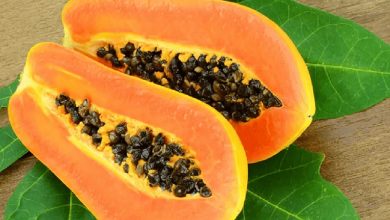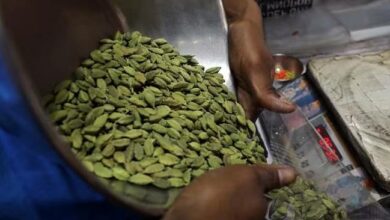Tips for Keeping Your Animals Healthy During Summer

During the summer months, it’s essential to take extra care of your animals to ensure they stay healthy and comfortable in the heat. Just like humans, animals can suffer from various issues during hot weather, including dehydration, heat stress, and skin problems. Here are some tips to help you keep your beloved pets and farm animals healthy during the summer:
Maintain Proper Ventilation: Animals can lose their appetite and become lethargic when the humidity rises. Ensure there is adequate air circulation in their living spaces, such as sheds or coops, to keep them cool and comfortable.
Avoid Overcrowding: In farm settings, avoid overcrowding animals in sheds or enclosures. Ensure that the number of animals in a space does not exceed the recommended capacity to prevent heat buildup and stress.
Limit Travel During Hot Hours: Avoid transporting pets like cats and dogs in vehicles during the hottest parts of the day. If travel is necessary, schedule trips during the cooler morning or evening hours, and ensure proper ventilation in the vehicle.
Provide Clean Drinking Water: Always ensure animals have access to clean and fresh drinking water throughout the day. Monitor water levels regularly, especially during hot weather when animals may drink more frequently.
Consider Animal Specific Needs: Certain animals, such as young ones, larger breeds, recently birthed animals, or those with dark-colored coats, may be more susceptible to heat-related issues. Take extra precautions to provide them with shade, cool resting areas, and adequate hydration.
Maintain Automatic Watering Systems: If you use automatic watering systems for livestock, ensure that the pipelines are buried below the soil surface to prevent water from heating up in the sun. This helps provide cooler water to the animals, reducing the risk of heat stress.
Utilize Cooling Methods: Use methods like sprinklers or misting systems in animal housing areas to provide relief from the heat. For animals showing signs of heat stress, such as panting, consider using cold packs or wet cloths to help them cool down.
Monitor High-Risk Animals: Keep a close eye on animals that are more susceptible to heat-related issues and adjust their care accordingly. Provide extra shade, cooling measures, and frequent checks to ensure their well-being.
By following these tips and staying vigilant, you can help ensure that your animals stay healthy and comfortable during the summer months. Taking proactive measures to prevent heat-related issues can contribute to happier and healthier animals overall.






